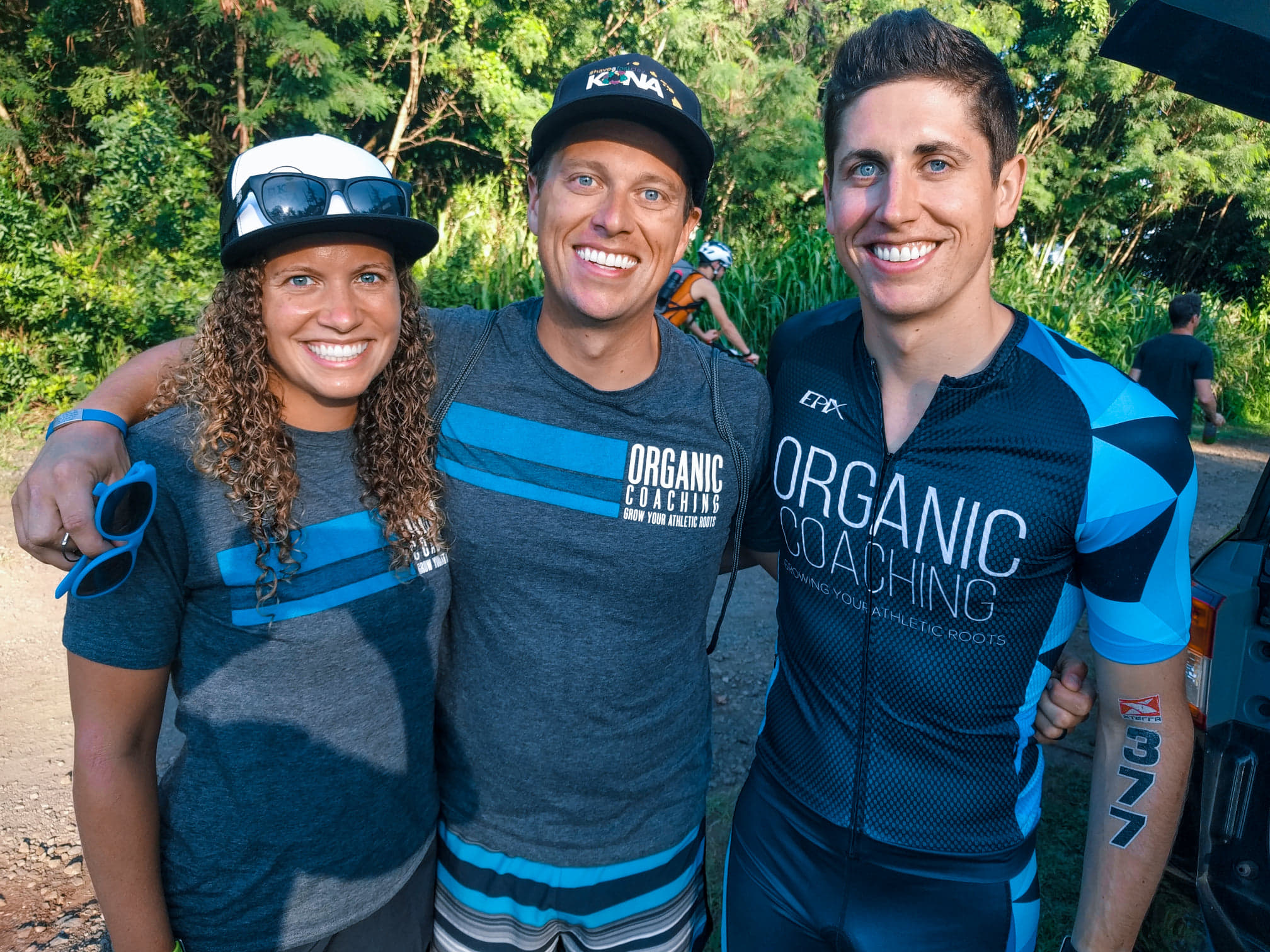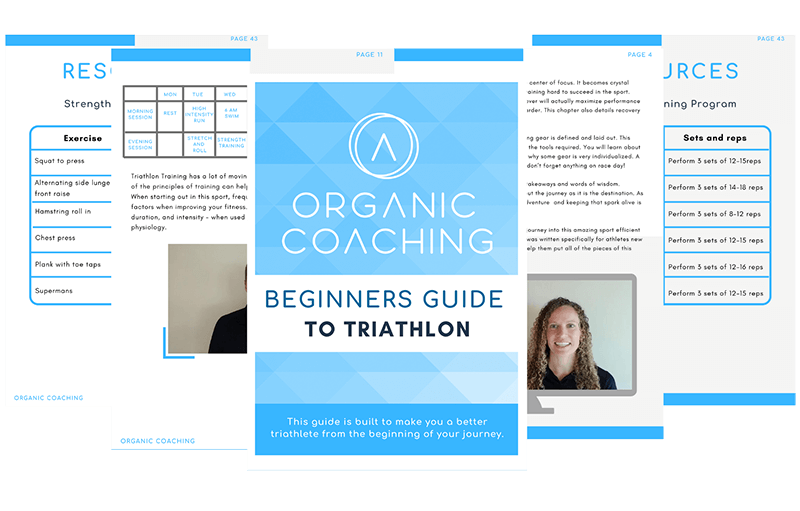

As race season approaches, school wraps up, and vacation season kicks into high gear, balancing time and commitments becomes a top priority for endurance athletes. How do you maintain strong relationships while tackling double-digit weekly training hours? How can you focus on fitness without compromising work performance? These are challenges every athlete faces, and finding solutions is key to a thriving, well-rounded life.
Below, we share actionable strategies to help you master time management and integrate training with your busy schedule. Start by choosing one tip to implement for 1-2 months, then gradually add others to optimize your tri-life balance.
Time management starts with solid planning. Begin by assessing your work, family, and training calendars to determine realistic weekly training availability. Honesty is critical—aspirational plans may lead to burnout or strained relationships.
For triathletes preparing for events like 70.3 or Ironman races, dedicating 2-8 hours in a single day may be necessary. Set clear expectations with family and coworkers by sharing your schedule. Platforms like TrainingPeaks or Today’s Plan allow you to share your calendar, ensuring transparency and fostering open communication. Regular check-ins with loved ones can help you adapt as needed and maintain strong relationships.
To streamline your routine, aim to complete similar types of workouts on the same days each week. This creates a predictable rhythm while accommodating necessary changes in intensity or volume. Spend 20-30 minutes weekly planning your schedule to avoid stressful guesswork and ensure a smooth flow.
Nutrition is the backbone of performance, yet meal planning can become a time-consuming chore. Batch-cook simple, nutritious meals or snacks to eliminate last-minute food decisions when you’re low on energy.
Consider meal delivery services if your budget allows—they’re especially helpful for lunch workouts or jam-packed schedules. Having a few ready-to-go meals on hand can help you fuel efficiently without losing precious time.
Avoid common time-wasters like misplaced gear or uncharged devices by building organized systems. Set up a central charging station for your watch, heart rate monitor, and bike computer, and designate specific spots for your workout gear.
Streamline your routine by combining tasks: foam-roll or stretch while catching up on your favorite show, or tack a quick strength session onto your pool workout if your gym is nearby. These small habits eliminate inefficiencies and free up more time for training or recovery.
A structured training plan tailored to your goals is a game-changer for busy athletes. Coaches provide accountability, eliminate guesswork, and optimize your training for maximum results.
At Organic Coaching, we believe triathlon should fit into your life—not the other way around. Whether you opt for 1-on-1 coaching or a pre-built plan, investing in expert guidance ensures your time is used effectively, allowing you to achieve your goals while maintaining balance.
By planning intentionally, streamlining daily tasks, and seeking expert guidance, you can balance training, work, and personal commitments. The key is integration: making triathlon a part of your life without letting it take over.
Start small, build habits, and remember that the goal is to enjoy the journey—on and off the course.

Carly and Tyler Guggemos built Organic Coaching in 2014 with a simple philosophy that works. The idea is to take what you have and grow it to get faster, fitter and stronger. And to do it with the time you have – not the time you wish you had.

For athletes who are ready to take their training to the next level while still thriving and succeeding in their professional and family life.
Copyright © 2024 Organic Coaching LLC